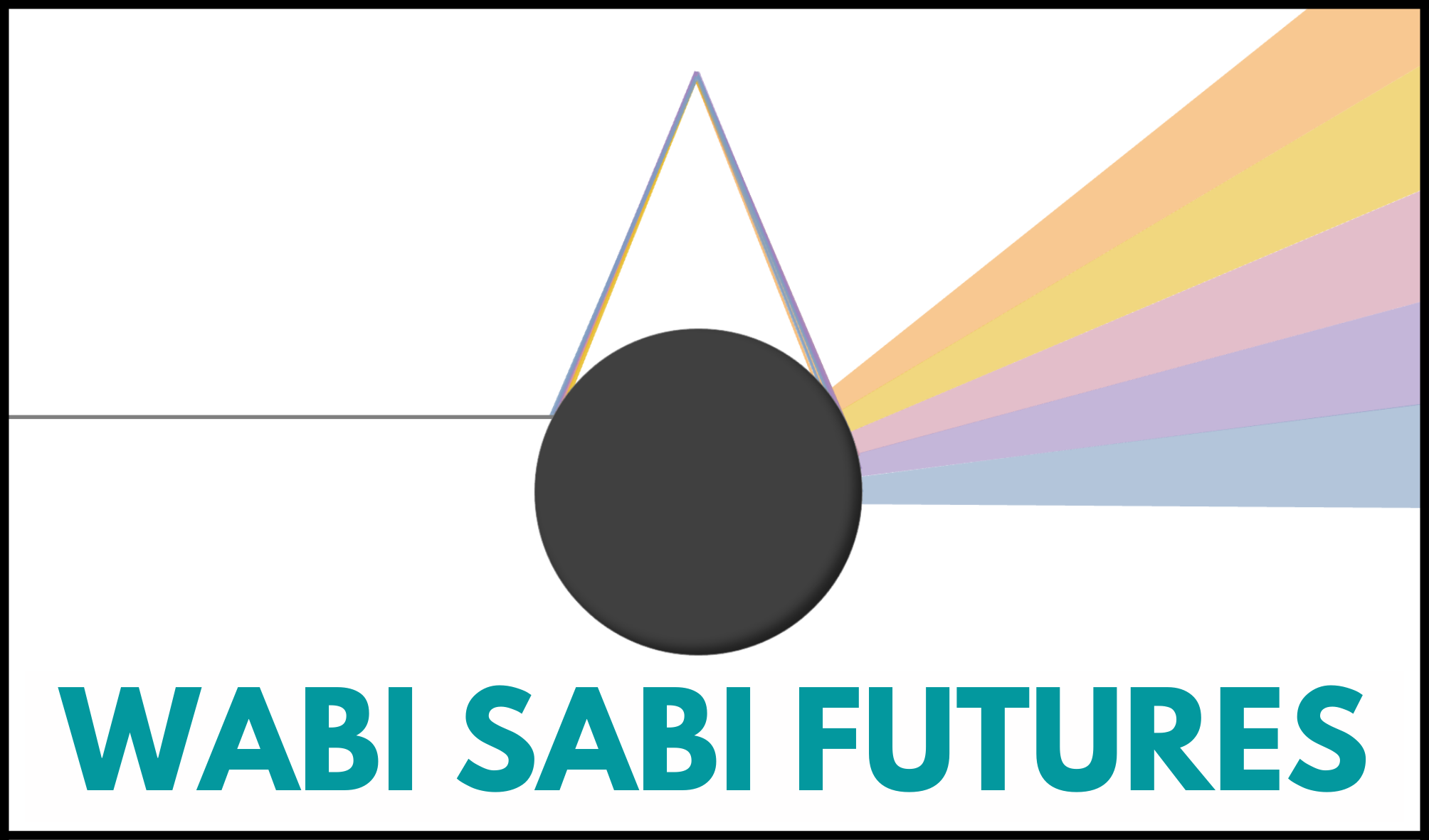As soon as I saw Amble Studios Game design for facilitators, I knew it was for me.
I’m a facilitator who loves to bring games and play into workshops, and buys board games faster than I can play them. I arrived expecting to learn game design principles that I could use to add game designer as another slash to the long list of things I enjoy doing.
I did not expect was the new language and insights game design would give me for my facilitation practice.
Mechanics vs dynamics
Games contain both mechanics and dynamics:
-
Mechanics are technical – the rules, tools and processes that govern how the game is played. These come to the foreground in games of skill.
-
Dynamics are relational – the underlying emotional logic of players or characters that drive choices and shape what emerges. These are central to story-focused games.
When designing facilitated process you consider both the mechanics (the structure, instruction, resources) and dynamics (group composition, how to create or ease tension).
Find the narrative arc
Like all good stories, story-focused games have a beginning, a middle, and an end.
Every workshop design begins with understanding where the group is when they arrive, what they want to be able to do at the end, and navigating a path between these points. Along the way, participants may encounter an emotional journey, an intellectual journey, and practice or develop new skills.
A facilitator guides the path between these points, and keeps the journey safe.
Connect the emotional and intellectual journeys
A well designed game creates an emotional experience that creates an aha moment, leading to intellectual insight.
This describes some of the most powerful experiences people have in workshops. It’s a powerful reframe of workshop design to focus first on how you want participants to feel, in order to think about a topic from a new perspective, so that they can gain a new insight.
I left a better facilitator and full of energy for designing my first game – watch this space!
